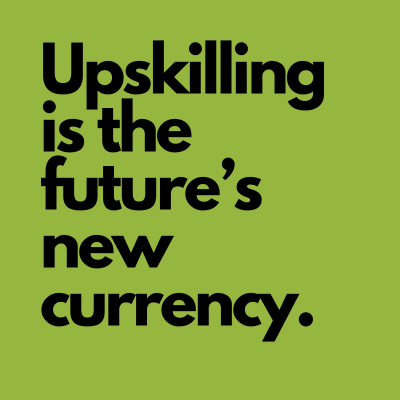Skill-based hiring can significantly expand the applicant pool by broadening the criteria for candidate evaluation beyond traditional qualifications and experiences. Here are some ways skill-based hiring increases the applicant pool:
- Focus on Transferable Skills: Skill-based hiring emphasizes the importance of transferable skills that can be applied across different roles and industries. By focusing on these skills, employers open up opportunities for individuals from diverse backgrounds and experiences to showcase their capabilities. This approach attracts candidates who may not have the exact qualifications or industry-specific experience but possess valuable skills that can contribute to the role.
- Embracing Career Changers: Skill-based hiring provides an opportunity for career changers to showcase their transferable skills and passion for the role. It allows employers to consider candidates who may be transitioning from different industries or seeking to switch career paths but possess the necessary skills to succeed in the new role. By focusing on skills, employers can tap into a pool of motivated candidates who bring fresh perspectives and diverse experiences.
- Emphasis on Potential and Growth: Skill-based hiring recognizes that skills can be developed and expanded through learning and experience. Employers who adopt this approach prioritize a candidate’s potential for growth and their ability to learn on the job. This perspective widens the applicant pool to include individuals who may not possess all the desired skills upfront but have a strong foundation and willingness to learn and adapt.
Skills-First: Reimagining the Labor Market and Breaking Down Barriers
From LinkedIn.com
“Around the world, we have entered a period of uncertainty where persistent change is the norm.
We experienced a pandemic that brought the unemployment rate to new highs and normalized remote work. A year later, we entered a period marked by a collective reevaluation of work, prompting the workforce to switch jobs at unprecedentedly high rates. We then saw a disconnect between employee demand for remote work and employers offering fewer remote opportunities.
In late 2022, we started to see the global economy cool and rebalance. We also saw gradual declines in the LinkedIn hiring rate1 — especially in the US and Europe — and anxiety around inflation, the labor market, and the economy remains at the forefront. The number of LinkedIn members changing jobs has stagnated in some countries and has fallen to pre-pandemic levels in others.
Change in the global employment landscape has accelerated in recent years due to declining populations, technological shifts, and shifting goals of the workforce. The current labor market is full of missed opportunities where incredible candidates are not getting matched to positions that could positively impact companies, the economy, and society. We must minimize these missed opportunities and focus on building a deep understanding of people’s potential. We collectively need to shift our mindset so that we hire based on skills and learning, and not solely on degree or job title.”
Download the full report.
Or if you are ready to learn how Jobspeaker can help you move to a Skill-Based Hiring Approach, schedule a demo today.


